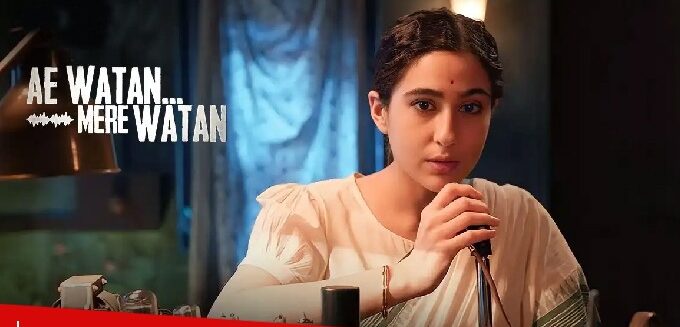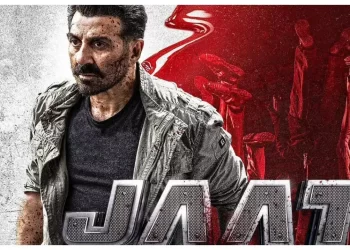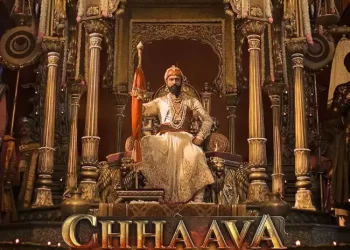1942 is the year. The subcontinent’s resistance to British rule is at its height: Mahatma Gandhi is about to deliver his famous “do or die” speech, which will serve as a rallying cry for the other notable freedom fighters and the general populace, who are rallying for one last effort to drive the invaders out.
However, as young Usha Mehta (Sara Ali Khan), the daughter of a barrister (Sachin Khedekar) who disapproves of her desh-bhakti activities, finds out, it won’t be an easy feat. The Quit India movement’s leaders are incarcerated. To break the back of the revolutionaries, the British rulers use torture in prison and acts of violence in the streets. Along with close friends and fellow young patriots, Kaushik (Abhay Verma) who has feelings for her, and Fahad (Sparsh Srivastav), Usha hits upon using the radio as an instrument of rebellion.
Done well, this little-known slice of our recent history, should have given us a lead character to root for, and a tale full of fervour. For filmmakers tackling this tumultuous era, which has had so many cinematic iterations, the real challenge is always going to be to infuse freshness into familiar facts. And Ae Watan Mere Watan had a readymade, potent weapon: a young woman, growing up under the tutelage of a strict-yet-loving father and a supportive aunt, breaking free, standing up for herself, and her country.
But there’s nothing about this period drama which breaks out of familiar moulds. Right from an opening scene when little Usha looks up at a row of Siberian cranes, giving her father a chance to dole out a sonorous lecture about, yes, finding her wings, you despair: the dialogue, overall writing, treatment, plotting, is a banal blur. O’Neill strides about, playing the officer-barking-orders to the hilt, drowning the sole interesting segment, in which the authorities and the youthful radio operators play a cat-and-mouse game. And we never get past the feeling that the whole thing is a giant set.
In the titular role, Sara Ali Khan leaves little impact, her costume — crimped hair, plaits, plain salwar-kameez-and-sari — wearing her rather than the other way round. The excellent Anand Tiwari is reduced to a prop, a Parsi whose dance prowess being valued more highly than his competence as a master radio engineer who builds the setup that allows the vital broadcasts to be sent. The film’s true appeal is in the character of Ram Manohar Lohia (Emraan Hashmi, making us look, as always), though it’s unclear why. The actors portraying Gandhi and Nehru come and go quickly.
The young “krantikari” with polio, Sparsh Srivastav, is the standout performer here. He exudes a subdued sense of patriotism. It is internalized rather than declarative, which makes it potent. He proved that his performance in “Laapataa Ladies,” which was fantastic, was not an anomaly. In a movie that might have and should have been much more than it is, I found myself watching him more than anyone else.
Ae Watan Mere Watan
Director – Kanan Iyer
Cast – Sara Ali Khan, Emraan Hashmi, Sparsh Srivastav, Abhay Verma, Sachin Khedekar, Anand Tiwari, Alexx O’Nell







 Finance
Finance







